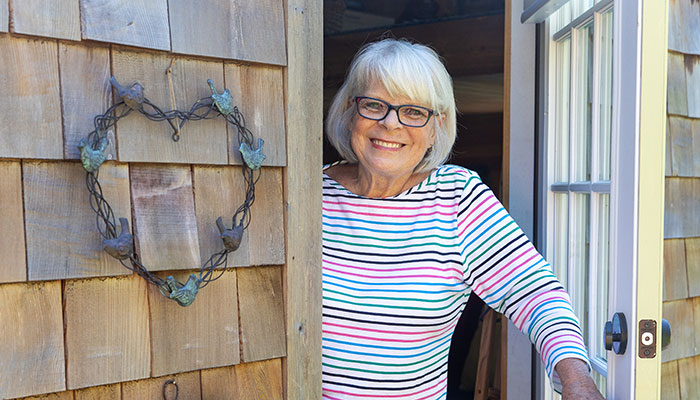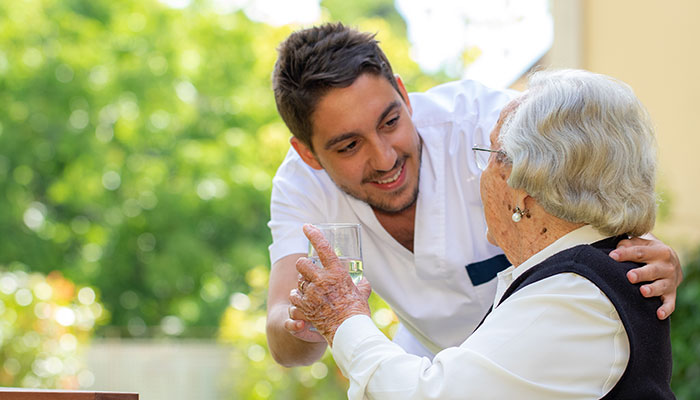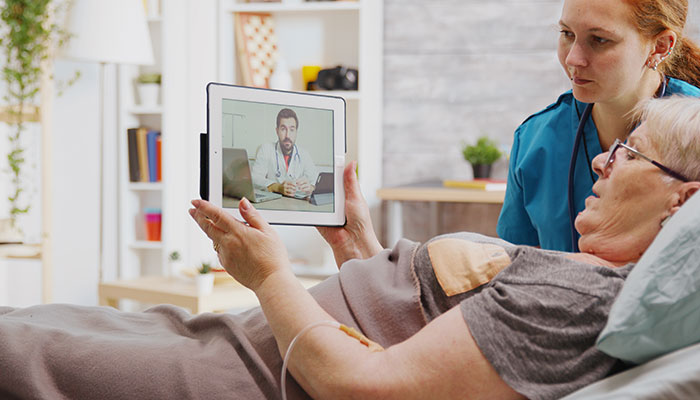Sharing your home
There are many advantages to having a housemate: Defraying expenses. Sharing household chores. Help with transportation. Companionship. Increased safety. Peace of mind. In a survey of older adults who shared their homes, 50% said that since gaining a housemate, they are happier, sleep better, are getting out more, and they call upon their families less…
Read MoreWhen you feel more resentment than love
If you are caring for a parent or parents who abused or neglected you in childhood, your situation is especially challenging. You may feel on an emotional tightrope, trying to keep your balance, with many conflicting feelings. For example, Research indicates that you are put at much greater risk of depression by these stressors than…
Read MoreLow-vision bathroom
The bathroom is often the most challenging (and least safe) room in the house for someone who is visually impaired: Poor lighting, or lighting that’s too bright. Lots of white-on-white furnishings and shiny fixtures. Hard-to-read settings on faucets. Tiny caps and tamperproof closures on personal care products and medications. And many small items for specialized…
Read MoreHow is your relative’s “social health”?
The U.S. Surgeon General reports we have a loneliness epidemic. Like smoking and obesity, social isolation creates a greater risk for poor health. It’s been associated with a 48 percent increase in “premature death” (a death where a change in lifestyle could have resulted in a longer life). Our social health affects our physical health.…
Read MoreAdjusting to memory care
Once your loved one is in their new home, the two of you will have a lot of adjusting to do. Like any big change, it takes time to find a new internal balance, a “new normal.” One to three months is about average. For you. Expect a range of emotions: Sadness, guilt, doubt, and…
Read MoreWhen ice cream is better than salad
Whether it’s a bowl of soup or a bag of groceries, providing food is how we show our love. And when a relative has a serious illness, it’s natural to want them to eat a healthy diet. Many chronic conditions respond well to specialized diets. Diabetes and heart disease, for instance, can be managed very…
Read MoreSaying “no” when your kids ask for money
Once you’ve decided it’s unwise to give or lend money to children—or grandchildren—think through how you want to communicate your decision. Money is often equated with love. Even if this is a loving decision (e.g., you’ve determined that giving or lending them money is encouraging something unhealthy), how and when you decline is important for…
Read MoreWhat is “healthy selfishness”?
As a rule, family caregivers are generous. They tend to be empathetic and to want to help. But it is possible to be too generous, with a tendency to sacrifice one’s own needs for the benefit of others. Sound familiar? This is called “pathologic altruism.” People who feel compelled to give despite risks to themselves…
Read MoreDementia: Packing for a trip
A trip. Sounds like fun! And, it’s more challenging when you travel with a companion who has dementia. But with forethought and planning, you can avoid or readily address common problems. Things to do a few weeks ahead Packing Are you preparing for a trip? We can help! Give us a call at 301-593-5285. As…
Read MoreBringing the hospital home
Suppose you bring your frail loved one or a relative with dementia to the ER because of trouble breathing. The doctors determine it is pneumonia caused by bits of food being swallowed into the lungs. Rather than stay in the hospital, they suggest your relative use the Hospital at Home (HAH) program. With HAH, your…
Read More









